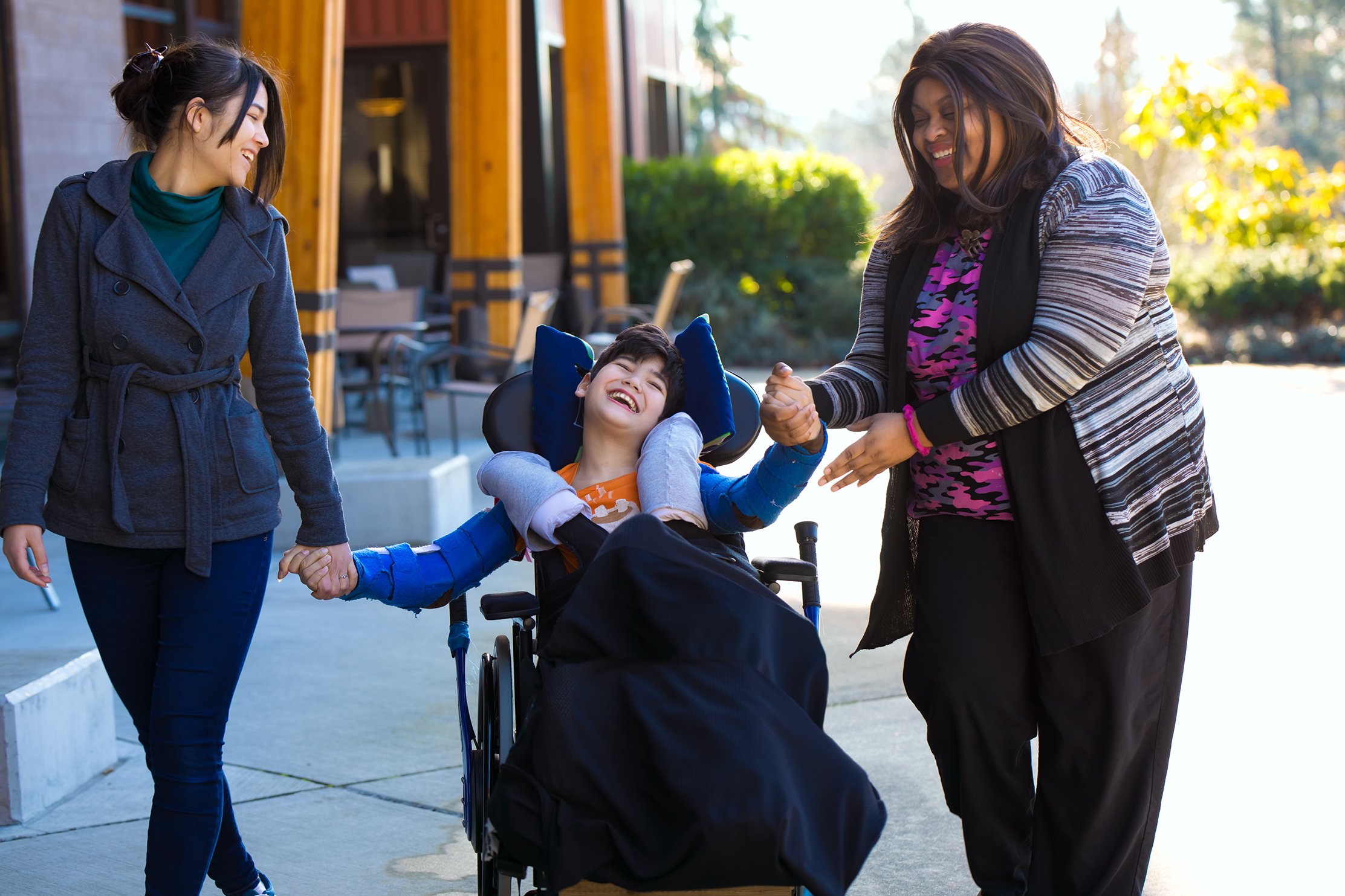
Professional
Behavior Consultation
Quality services for all.
Behavior consultation, step by step.
Specific aspects of services such as reporting, allotted hours and availability of in-person vs. telehealth modalities may vary between service models and region. However, the foundation of all Visions’ behavior consultation services remains consistent. An overview is presented below. For information related to accessing services, please see our FAQs.
Assessment
-
This is an evidence-based process that involves interview with, and observation of, the individual we are supporting and those who provide care/services to them.
-
-Understanding the individual’s perspective and experience related to behavioral concerns.
-Reviewing historical documentation, including previous records, recommendations, assessments, medication lists, etc.
-Speaking with additional providers on the client’s team to learn about current supports and how to best collaborate (e.g. speech therapists, occupational therapists, job coaches, etc.)
-Identifying risks and clarifying concerns about behavior in an objective, person-centered way.
-Identifying how the individual’s environment (including their physical space, their quality of life, social interactions, access to choice-making and skill building, etc.) impacts current behavioral patterns.
-Assessing ways that behaviors of concern meet the needs of the individual currently.
-Outline hypothesized behavioral patterns.
-Create an initial set of recommendations based on assessment findings.
Individualized Plan
-
A plan founded on proactive, positive strategies to modify the individual’s environment in ways that will help to change behavior, rather than focusing on changing the individual themselves.
Each PBSP outlines what is happening in the person’s life that makes concerning behavior more likely to happen, and what specific changes to the person’s physical, social and emotional environment can help meet those needs in an alternative way. -
-Each person involved in the person’s care has a role to play in fostering positive change.
-The focus is on modifying the environment, not the individual.
-As much as possible, the individual should have equal opportunity to engage in this process, i.e. provide feedback and determine outcomes as the plan is developed.
-Specific strategies are outlined and paired with visuals, coaching, tools and resources to help ensure that the team can start implementing them right away.
-Collaboration is involved throughout plan development and may involve active brainstorming, modeling interventions, observing implementation and providing feedback, refining suggests to ensure they are realistic for the team to utilize, and making updates as needed.
Ongoing Support
-
This phase of consultation is focused on implementation of the plan. Additional training, coaching and feedback is provided to help ensure all those involved in carrying out the plan feel confident.
Some specific examples of maintenance activity include establishing consistent reoccurring check-in’s, establishing clear methods for tracking behaviors, assessing progress and making updates to the support plan as needed. -
-Maintenance is flexible. The more consistent check-in’s are, the more effective support will be.
-Ongoing support can be provided for new team members come on board, when new behaviors of concerns emerge, or when specific resources are needed and a letter of recommendation may be warranted.

Positive.
Using evidence-based assessment methods, we help identify behavioral patterns and strive to understand the unmet needs of the individual we are supporting. We focus on helping all involved individuals understand their own role in supporting positive change, and focus on supporting the individual’s growth and improved quality of life.
We utilize proactive, supportive interventions; never aversive or coercive methods.
Person Centered.
We focus on understanding the person we are supporting first and foremost; their personal perspective, preferences, history and lived experience. This includes spending time getting to know the individual, through interview and/or observation in a setting that is comfortable for them, and speaking with those who know them best.
Professional.
Our team is experienced. We understand that each situation requires an open-mind, a willingness to listen and learn and collaborate. We aim to treat each individual we support with respect and we abide by our field’s code of ethics. Each individual we serve is unique, as is their history, situation and team. We are committed to pursuing growth related to trauma-informed and culturally-responsive practices.



